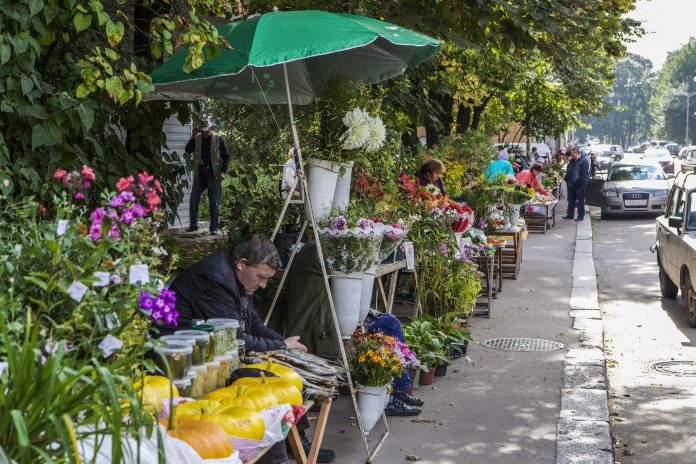Russians are up in arms over the government’s proposal to raise retirement age from 60 to 65 and from 55 to 63 for women. It’s the first major economic initiative of President Vladimir Putin‘s fourth term, but now also a big test for the ruling United Russia party.
“This reform has become a big test for the ruling party, of course, particularly because it comes just before [the September 9 local elections],” said Nikolai Mironov, head of the Centre for Economic and Political Reform think tank, tells RFE/RL.
“Among rank-and-file United Russia members, there are quite a few who don’t agree with it. But for now, the party remains united and we don’t see splits. This isn’t the first time the United Russia has passed unpopular laws. What’s more, members don’t really have other options. Leaving politics altogether is even worse than agreeing with the reform and the prospects of the opposition are very weak. You aren’t going to make a career there.”
But with elections coming up, massive populist expenditures such as the hosting of this summer’s World Cup soccer championship and raising state-sector salaries are all part of Putin’s re-election.
However, the pension-reform crisis could become a defining milepost for Putin.
“The pension reform has delivered a powerful blow to the regime,” political analyst Abbas Gallyamov tells RFE/RL of the latest outcry. “It has become clear that Putin is not a miracle worker, that even for him some things don’t work out. The myth of the great ruler that arose after the [annexation] of Crimea, of course, has not broken yet, but it is shaking. Criticism of the authorities has moved from the margins to the mainstream.”
In a separate report, the BBC noted that unions warn many people will not live long enough to claim a pension.
Russian men have a life expectancy of just 66, while for women it is 77, the World Health Organization says.

